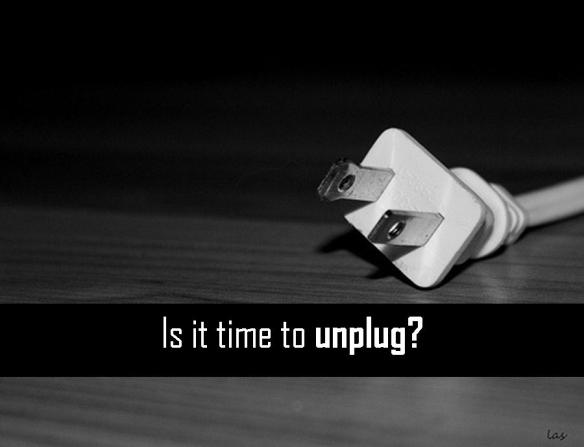 These days, it seems almost impossible to unplug. Around every conference table, in every coffee shop, and even at home, faces are constantly aglow from the light of our mobile technology.
These days, it seems almost impossible to unplug. Around every conference table, in every coffee shop, and even at home, faces are constantly aglow from the light of our mobile technology.
In most meetings I attend, every attendee has their laptops open or their iPads on. There are relatively brief moments where everyone is deeply present and engaged. And, for the majority of the meeting, people are only giving a small percentage of their attention at best. Distracted by their smart-phones and ever-growing email inboxes, engagement is sporadic and they are unable to unplug.
Overall, it seems most people who work in organizations feel that they attend too many meetings and that many–perhaps most–of these meetings are too long and not productive. When it comes down to it, most employees think most meetings are a waste of time. Why is this the case?
In my line of work as a consultant and coach, I often ask my clients why their meetings are so unproductive. Many say that their teams are too distracted by the growing workload in an environment of reduced resources and support. As a result they are prone to multitasking. Those constantly checking their email in the meeting say that they do so because the meeting isn’t that productive or relevant to them. It’s a vicious cycle.
In today’s economy, the challenge of doing more with less is more prevalent in corporations than ever. However, trying to surmount this increased demand with multitasking is the wrong approach. In fact, multitasking can be counterproductive, creating even more stress and making you less efficient.
The problematic nature of our obsession with technology can be seen in some of its most fervent users–kids, teens, and young adults.
Today’s youth, my kids included, act like its normal to text, tweet, and social network while talking to family, friends and others. However, as we all know, there is much concern over the consequences of this technology obsession. For example, it has been shown that today’s kids struggle with issues like memory retention due to their reliance on the internet. It’s clear that the more parallel demands we place on our brain and focus, the less productive we are, the more stressed we are, and the longer it takes to do the work.
Now don’t get me wrong, I have nothing against these marvelous devices– in fact, I own many of them, and love using them. But what today’s kids, teenagers, and business managers often fail to see is the cost of their multitasking and inability to unplug. From productivity in school and work, to intimacy with family and friends.
It seems the very technology we rely on to make us more productive and more connected can sometimes have the opposite effect.
Slowing down and really focusing is the key to achieving greater, more complex and extraordinary things with higher quality. Though it may seem counter intuitive, when you take a moment to slow down and unplug, you’ll accomplish your goals much faster. And as a bonus, you’ll be a happier, healthier person. This will benefit not only your time around the conference table, but your time around the dinner table as well.


